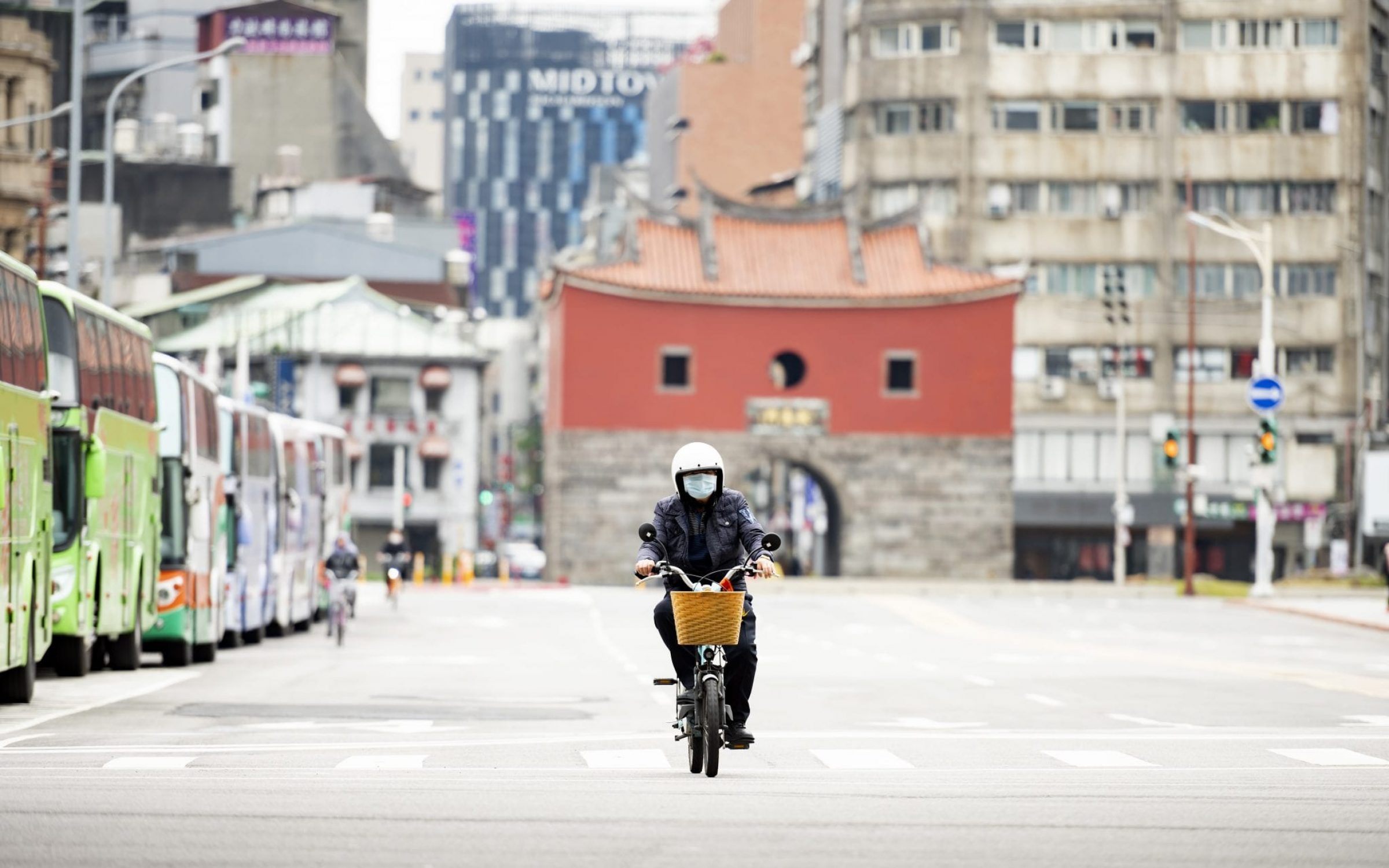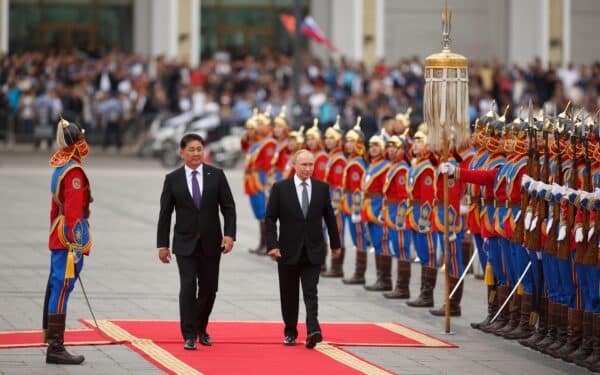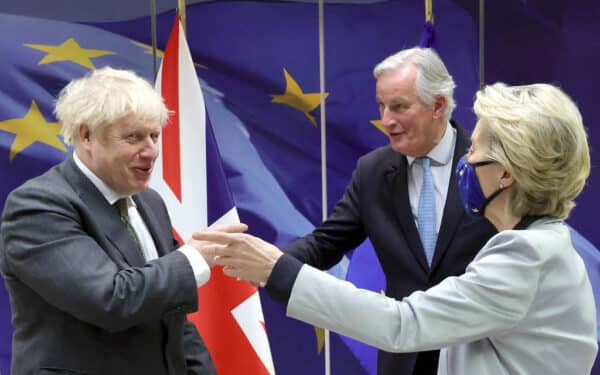I moved back to Taipei from London in the beginning of March, while the UK Foreign Office still had travel warnings for Taiwan. “Are you sure it’s safe?”, concerned friends asked me, assuming its proximity to China meant the island had also been badly affected by covid-19. At the beginning of March, there were 40 cases in Taiwan, only four fewer in the UK. By the end of March, the UK had 22,141, while Taiwan had 322. Only after emerging out of strict quarantine, two weeks after my arrival, did I realise I had come to the safest place to shelter from the virus.
The SARS outbreak in 2003 has left its mark on this self-governing island of 24 million people. Over 150,000 residents were quarantined, with estimates of the number of infections standing at 669, with 181 fatalities. Just as this pandemic will force an overhaul of medical systems in the west, so SARS propelled investment in Taiwan’s medical crisis infrastructure. The Central Epidemic Command Centre (CECC) was set up, specifically to prevent future outbreaks, and this bureau has been methodically tracking each new case and its potential spread in the community. Infected patients and people they have encountered are then sent to hospital or quarantined at home. The police use phone data to make sure no one breaks their quarantine. Meanwhile, those that can go out and about undergo body temperatures tests in public buildings and masks are ubiquitous.
There just under half a million Taiwanese living in Mainland China, flying back and forth over 130km Taiwan Strait, the water that divides the two territories. As the virus began to spread in China before Lunar New Year, the largest annual human migration, Taipei was already taking measures to halt the virus entering the island.
US intelligence officers recently announced that China underreported cases, leaving other countries in the dark about the severity of the virus. That Beijing lacked transparency with the official numbers should not come as a surprise. It is well known that it inflates economic data to flatter the Communist Party. But the admission from the US reveals a critical gap in its understanding of China. Taiwan, more than any other foreign government, understands the CCP, being a matter of existential concern. It is Xi Jinping’s ambition to re-unify with the island before the end of his presidency. So when Taiwan’s intelligence services heard rumours of a SARS like virus spreading in Wuhan in December, medical inspectors were dispatched to investigate. Even before Wuhan authorities had acknowledged the outbreak, arrivals from the city to Taiwan were being checked for symptoms. Taipei claims that it alerted the World Health Organization about the transmission between humans of a new coronavirus in December, but its exclusion from the organization due to pressure from Beijing meant that the warnings went unheeded.
The day I left London from Gatwick, arrivals from Northern Italy were still passing through UK airports without any health checks or undergoing quarantine measures despite the daily number of the reported cases in Italy being in the thousands. By contrast, when I touched down in Taipei’s Taoyuan airport, I underwent a health check and was subsequently placed under strict quarantine. Along with over 50,000 other people in quarantine here, I had my phone GPS tracked to ensure I did not leave my apartment, in an operation dubbed the “electronic fence”. The local police unit also intermittently called me throughout the day, to check I had not left the phone while stepping outside. Once, I failed to pick up and a policeman was calling my apartment intercom buzzer within minutes.
The government’s strict controls have been popular in Taiwan, despite growing concerns over the steady growth of unconstrained surveillance powers. Tsai Ing-wen, the newly re-elected president is one of a handful of leaders whose popularity has increased during the pandemic. But unlike in other countries, the president has not been the figurehead leading the charge on the virus. Instead the head of the CECC, Chen Shih-chung, who has a career in public health, leads the daily covid-19 press conferences. He has become a national hero, with his measured tone calmly talking the island through each new case and the government’s fresh containment measures.
Life proceeds as normal, albeit at a quieter pace in Taiwan. The children in the primary school next to my apartment continue to play outside. Gyms are still open, and locals continue to socialise in restaurants and bars. Only swimming pools, nightclubs, and karaoke bars are closed.
At the start of the outbreak, John Hopkins University predicted the island would have the second largest number of cases globally. While this has not prevailed, time will only tell whether Taiwan’s early prevention measures, strict quarantine, and robust crisis medical infrastructure will be enough to completely halt the spread of the virus. It is sure, however, that the world has much to learn from its example.




